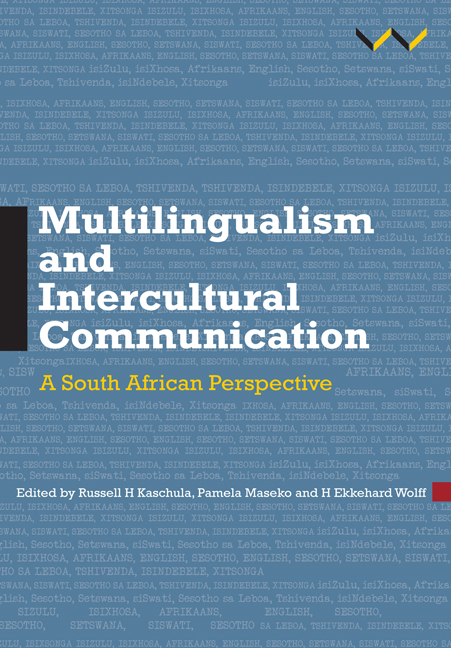Book contents
- Frontmatter
- Contents
- Tables and figures
- Preface
- Abbreviations and acronyms
- Central terms and concepts
- Introduction
- Prologue: The essentialist paradox in intellectual discourse on African languages
- Part One African language empowerment: concept formation and intellectualisation
- Part Two Language planning, terminology development and dictionaries
- Part Three Language in education
- 7 Managing multilingualism in education: policies and practices
- 8 University multilingualism: modelling rationales for language policies
- 9 Language development and multilingualism at the Cape Peninsula University of Technology
- 10 Teacher development: promoting a biliteracy approach to epistemic access
- Part Four Language in the professions: law, media, science and language technology
- Part Five Language, culture and intercultural communication
- Acknowledgements
- Contributors
- Index
10 - Teacher development: promoting a biliteracy approach to epistemic access
from Part Three - Language in education
Published online by Cambridge University Press: 23 March 2018
- Frontmatter
- Contents
- Tables and figures
- Preface
- Abbreviations and acronyms
- Central terms and concepts
- Introduction
- Prologue: The essentialist paradox in intellectual discourse on African languages
- Part One African language empowerment: concept formation and intellectualisation
- Part Two Language planning, terminology development and dictionaries
- Part Three Language in education
- 7 Managing multilingualism in education: policies and practices
- 8 University multilingualism: modelling rationales for language policies
- 9 Language development and multilingualism at the Cape Peninsula University of Technology
- 10 Teacher development: promoting a biliteracy approach to epistemic access
- Part Four Language in the professions: law, media, science and language technology
- Part Five Language, culture and intercultural communication
- Acknowledgements
- Contributors
- Index
Summary
The context
Numerous studies have shown that South African children in rural and township schools are failing to reach grade-appropriate benchmarks in literacy and numeracy. Several educationists and researchers, including Ntuli and Pretorius (2005), Fleisch (2008) and Ramphele (Mail & Guardian 23 March 2012) have reiterated that South African schooling is in crisis. Evidence also suggests that training initiatives by government continue to have little impact on classroom practice (Metcalfe 2008; Taylor, Van der Berg and Mabogoane 2013). While thousands of preservice and in-service teachers upgrade their qualifications year after year, in many schools, little changes. Efforts made by the Department of Higher Education and Training to increase the number of qualified teachers have had little or no impact on rural and township schools. One-off training workshops, though well intentioned, still leave these learners at low levels of cognition and literacy, and locked into their everyday knowledges. University academics are often cut off from classrooms and are hardly ever able to follow up on their certificated teachers.
The failure of top-down training provokes us to point to the distinction between teacher training and teacher development models of professionalisation (Barnes 1975; Allwright 1983; Stern 1983; Ramani 1987; Gains 2010). Teacher training tends to be top-down and is often a lock-step transmission of policy statements and pedagogic procedures (as in the current highly scripted Curriculum Assessment Policy Statements [CAPS] directives, which offer minute- by-minute guidelines). Models of teacher development, on the other hand, perceive teachers as being autonomous professionals capable of integrating their own beliefs about teaching and learning with pedagogic practices and of engaging with policy in empowering ways.
However, the history of apartheid and post-apartheid South Africa shows the continuation of policies driven from above, such as fundamental pedagogics, Outcomes-Based Education (OBE), the Revised National Curriculum Statement (RNCS) and the current CAPS. While policies and textbooks are necessary, they are ineffective if not coupled with effective teacher development initiatives, sensitive to teachers’ contexts and constraints.
- Type
- Chapter
- Information
- Multilingualism and Intercultural CommunicationA South African perspective, pp. 194 - 208Publisher: Wits University PressPrint publication year: 2017



